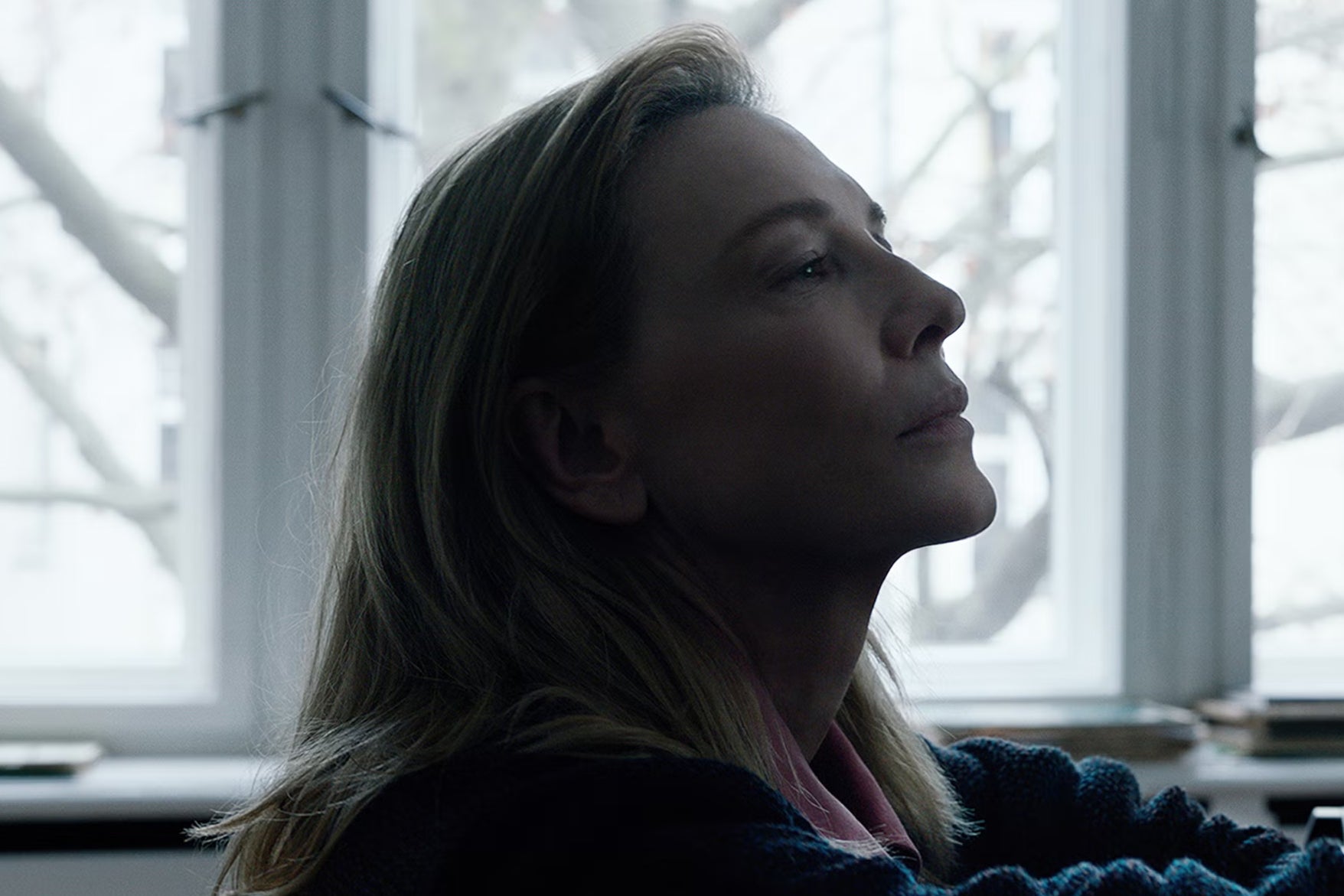Tár star Cate Blanchett responds to criticism that Oscar-tipped drama is ‘anti-woman’
‘Power is genderless,’ said the Australian actor

Your support helps us to tell the story
From reproductive rights to climate change to Big Tech, The Independent is on the ground when the story is developing. Whether it's investigating the financials of Elon Musk's pro-Trump PAC or producing our latest documentary, 'The A Word', which shines a light on the American women fighting for reproductive rights, we know how important it is to parse out the facts from the messaging.
At such a critical moment in US history, we need reporters on the ground. Your donation allows us to keep sending journalists to speak to both sides of the story.
The Independent is trusted by Americans across the entire political spectrum. And unlike many other quality news outlets, we choose not to lock Americans out of our reporting and analysis with paywalls. We believe quality journalism should be available to everyone, paid for by those who can afford it.
Your support makes all the difference.Cate Blanchett has defended her new film Tár over claims that it is “anti-woman”.
The 53-year-old actor won a Golden Globe award earlier this week for her portrayal of fictitious orchestra conductor Lydia Tár in the film, which is also tipped to be a major Oscar contender.
Tár follows Blanchett’s character at the peak of a successful music career, before accusations about her behaviour and her dark past surface.
In a recent interview with The Sunday Times, leading female conductor Marin Alsop, who is namechecked in the film, criticised Tár amid suggestions that the character had drawn inspiration from her own career.
“I was offended as a woman, I was offended as a conductor, I was offended as a lesbian,” she said. “There are so many men – actual, documented men – this film could have been based on but, instead, it puts a woman in the role but gives her all the attributes of those men. That feels anti-woman.”
“To have an opportunity to portray a woman in that role and to make her an abuser? For me that was heartbreaking,” she continued. “I think all feminists should be bothered by that kind of depiction, because it’s not really about conductors, is it? It’s about women as leaders in our society.”
Speaking to BBC Radio 4 on Thursday (12 January), Blanchett responded to Alsop’s criticism.
“I have the utmost respect for Marin Alsop. She’s a trailblazer of a musician and a conductor,” she said. “And it’s a very provocative film and it will elicit a lot of very strong responses for people.
“What [director Todd Field] and I wanted to do was to create a really lively conversation. So there’s no right or wrong responses to works of art. It’s not a film about conducting, and I think that the circumstances of the character are entirely fictitious.

She continued: “I looked at so many different conductors, but I also looked at novelists and visual artists and musicians of all stripes. It’s a very non-literal film.”
Blanchett went on to say that Alsop was “entitled to her opinion”, but defended the film from claims that it was offensive to women.

Watch Apple TV+ free for 7 days
New subscribers only. £8.99/mo. after free trial. Plan auto-renews until cancelled

Watch Apple TV+ free for 7 days
New subscribers only. £8.99/mo. after free trial. Plan auto-renews until cancelled
“She’s entitled to her opinion, absolutely. But it’s a meditation on power and power is genderless,” said the actor. “It is a meditation on power and the corrupting nature of power and I think that that doesn’t necessarily happen only in cultural circles.
“I mean, she could just as well have been a master architect or the head of a major banking corporation.”
She added: “ I don’t think you could have talked about the corrupting nature of power in as nuanced away as Todd Field has done as a filmmaker if there was a male at the centre of it because we understand so absolutely what that looks like.
“I think that power is a corrupting force no matter what one’s gender is. I think it affects all of us.”
Additional reporting by PA



Join our commenting forum
Join thought-provoking conversations, follow other Independent readers and see their replies
Comments